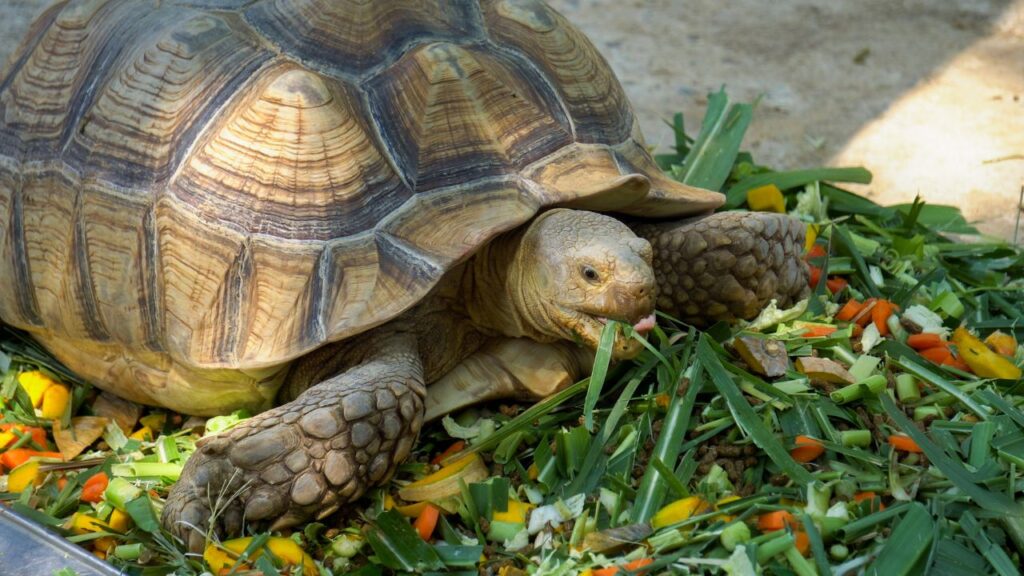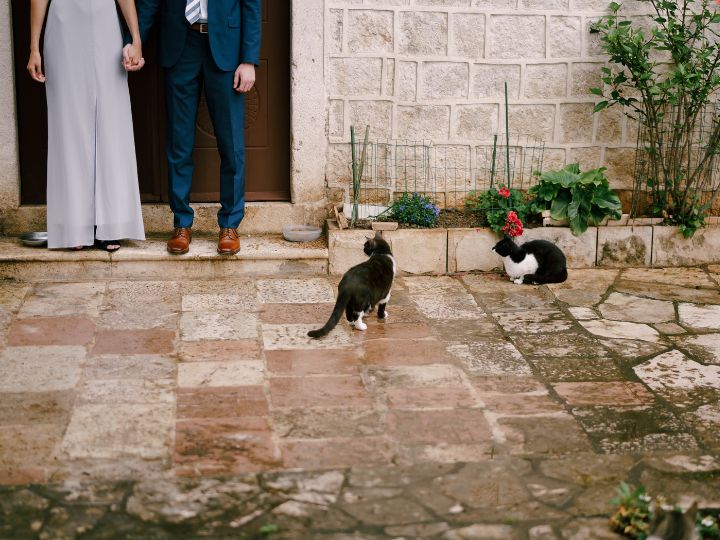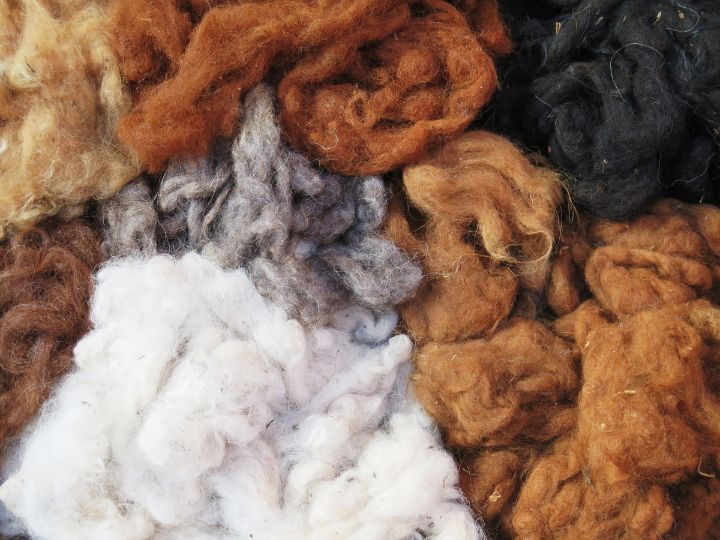Tortoises are popular pets known for their unique appearance and longevity, which means that their dietary needs deserve special attention. A well-balanced diet is essential for keeping these fascinating creatures healthy and happy. Among the diverse options that tortoise owners can offer their pets, the consideration of aloe vera as a potential food source has recently gained interest.

Aloe vera is a succulent plant commonly used for its various medicinal properties such as soothing skin irritations and promoting wound healing. However, when it comes to feeding tortoises, the safety and suitability of aloe vera consumption must be considered carefully. There are several factors to weigh, such as the nutritional content of aloe vera and its potential impact on the health of tortoises.
Keeping in mind the specific dietary requirements of tortoises is crucial to ensure they maintain a well-rounded diet. Before introducing aloe vera or any new food source into their meal plan, one must understand the potential benefits and risks involved and consult with a knowledgeable veterinarian to make an informed decision.
Understanding Tortoises Diet
Tortoises exhibit a diverse range of dietary requirements, depending on their specific species. This section delves into the essential nutrients needed for a healthy tortoise, as well as common foods that meet their nutritional requirements.
Essential Nutrients for Tortoises
Tortoises need a well-rounded diet consisting of several key nutrients, which include:
- Calcium: Crucial for maintaining strong bones and shells. Common sources are cuttlebone and calcium supplements.
- Fiber: Aids digestion and promotes gut health. Found in various leafy greens and vegetables.
- Vitamins & Minerals: Essential for overall health and well-being. Natural sources include a varied diet of vegetables, fruits, and commercial supplements.
Common Foods for Tortoises
A varied diet is essential for a tortoise’s well-being. Below is a list of suitable food options:
- Leafy Greens: Dandelion greens, kale, collard greens, mustard greens, and turnip greens.
- Vegetables: Bell peppers, squash, carrots, and sweet potatoes.
- Fruits: Berries, apples, and melon (in moderation due to sugar content).
- Commercial Pellets: Can provide a balanced diet when fed alongside fresh produce.
Certain foods like aloe vera may not be part of a tortoise’s natural diet, and it is essential to research the specific needs of your tortoise. If unsure, consult a veterinarian or an experienced tortoise keeper for guidance.
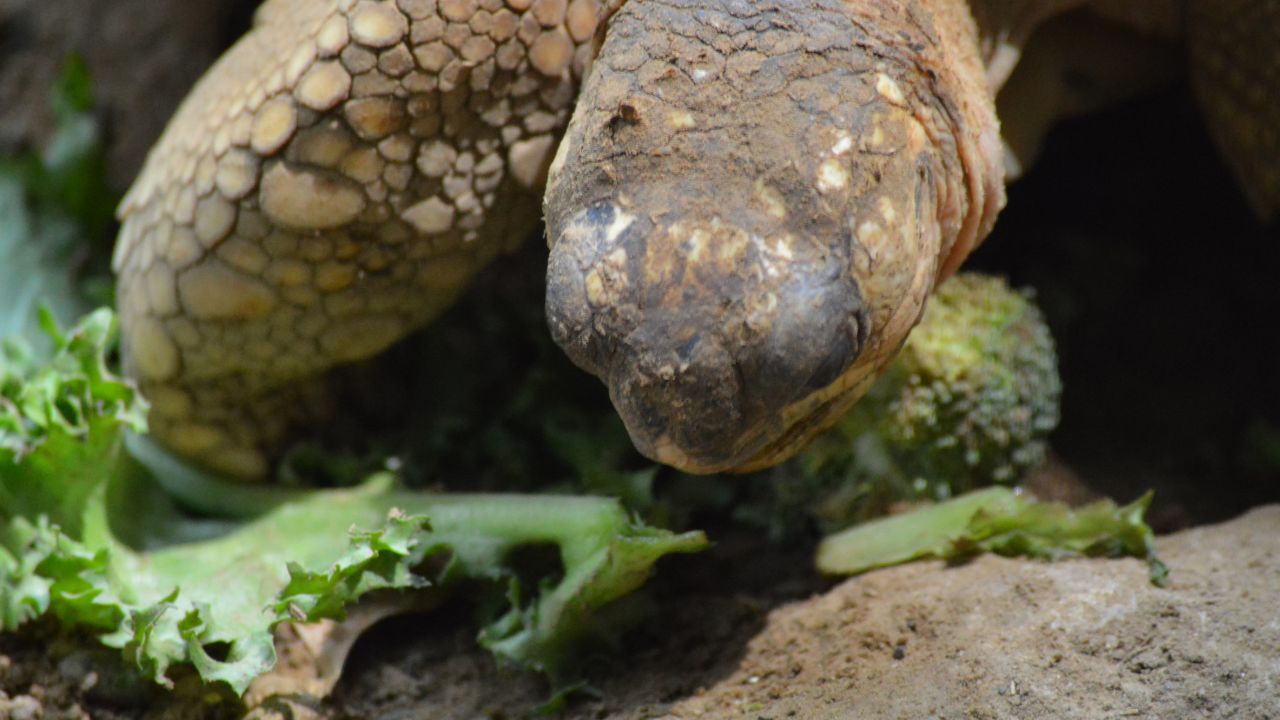
Aloe Vera in a Tortoise’s Diet
Properties of Aloe Vera
Aloe Vera is a succulent plant that has been widely utilized for its diverse medicinal properties. The plant contains a wealth of essential vitamins, minerals, enzymes, and amino acids. It is well-known for its anti-inflammatory and healing properties, and it is most commonly used topically for treating skin conditions. However, it is not a common food for tortoises, as their diet naturally consists of various greens, vegetables, and occasionally fruit.
How Tortoises Digest Aloe Vera
Tortoises are herbivores that primarily consume leafy greens, vegetables, and some fruits, with a slow and efficient digestive system. While Aloe Vera may be appealing due to its array of nutrients and properties, it is important to consider how it could affect a tortoise’s digestion. Aloe Vera contains a compound called aloin, which has a laxative effect on animals, including tortoises. Introducing Aloe Vera in a tortoise’s diet may lead to an upset digestive system, causing discomfort and health concerns.
It is advisable to stick to a more natural and suitable diet for tortoises, including:
- Leafy greens: dandelion, clover, and kale
- Vegetables: bell peppers, squash, and carrots
- Fruits: occasional treats such as berries or apples
Ensure that any potential dietary choice is safe for tortoises. Providing a balanced, well-researched diet will promote their overall health and well-being. Always consult with a veterinarian or reptile expert before introducing new plants or foods into a tortoise’s diet.
Potential Risks of Feeding Aloe Vera
Possible Harmful Components
Aloe vera, despite its numerous health benefits, may pose risks for tortoises when ingested. One harmful component in aloe vera is aloin, found in the plant’s outer skin. This compound has been shown to have some laxative effects, which can lead to diarrhea or dehydration when consumed by tortoises in large quantities. Additionally, the latex-like substance in aloe vera might be hard for tortoises to digest, potentially causing discomfort and indigestion.
It is important to keep in mind that the level of toxins may vary in different aloe vera plants, with factors such as species, growth conditions, and processing methods all influencing the level of potential harm.
Risk of Overfeeding Aloe Vera
The risk of overfeeding aloe vera to tortoises increases the chances of the harmful effects associated with its consumption. Tortoises have specific dietary requirements, which primarily include a balance of leafy greens, vegetables, and supplements tailored to their species. Feeding too much aloe vera could disrupt this balance and result in tortoises lacking essential nutrients.
In summary, while aloe vera is beneficial for various purposes, tortoise owners should exercise caution and avoid feeding it to their pets due to the potential risks. To ensure the wellbeing of their tortoises, they should stick to a balanced diet that aligns with the specific dietary needs of their species.
Alternatives to Aloe Vera
Beneficial Plants for Tortoises
There are many plants that are safe and nutritious for tortoises to consume. Some of the most common and beneficial options include:
- Dandelion (Taraxacum officinale): Rich in vitamins and minerals, dandelions are a favorite among tortoises. They can eat the leaves, flowers, and even the roots.
- Plantain (Plantago major): This common weed is another excellent source of nutrients for tortoises, providing fiber and trace elements.
- Clover (Trifolium spp.): Tortoises enjoy both red and white clover, which offer a good source of protein and calcium.
- Hibiscus (Hibiscus rosa-sinensis): The leaves and flowers of hibiscus plants are high in vitamin C and calcium, making them a great option for tortoise diets.
Additionally, tortoises can safely consume many types of grasses and weeds found in their natural environment. It is crucial, however, to ensure that the plants are free from pesticides and other harmful chemicals.
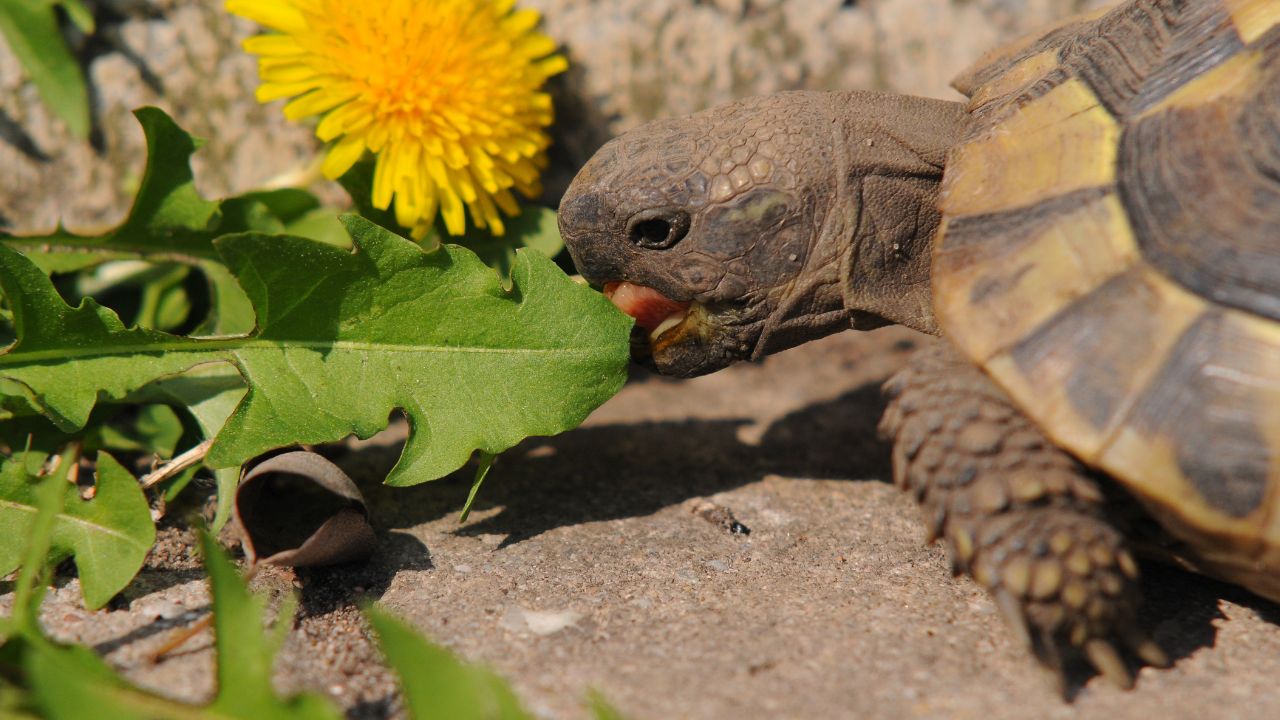
Treats and Supplements
Aside from providing a variety of beneficial plants, tortoise owners may want to offer occasional treats and supplements to support their pet’s health. These may include:
- Cuttlebone: A source of calcium, cuttlebone can be given to tortoises to help maintain strong shells and overall health.
- Leafy greens: Vegetables such as kale, collard greens, and mustard greens can be offered in moderation, as they provide additional nutrients but should not make up the majority of the tortoise’s diet.
- Fruit: Small amounts of fruit can be provided as a treat for tortoises. However, it is essential to limit their intake as excessive sugar can be harmful to their digestive system.
Remember to consult with a veterinarian or reptile specialist for specific recommendations on supplements and treat frequency, as the needs of tortoises can vary based on their species, age, and individual health.
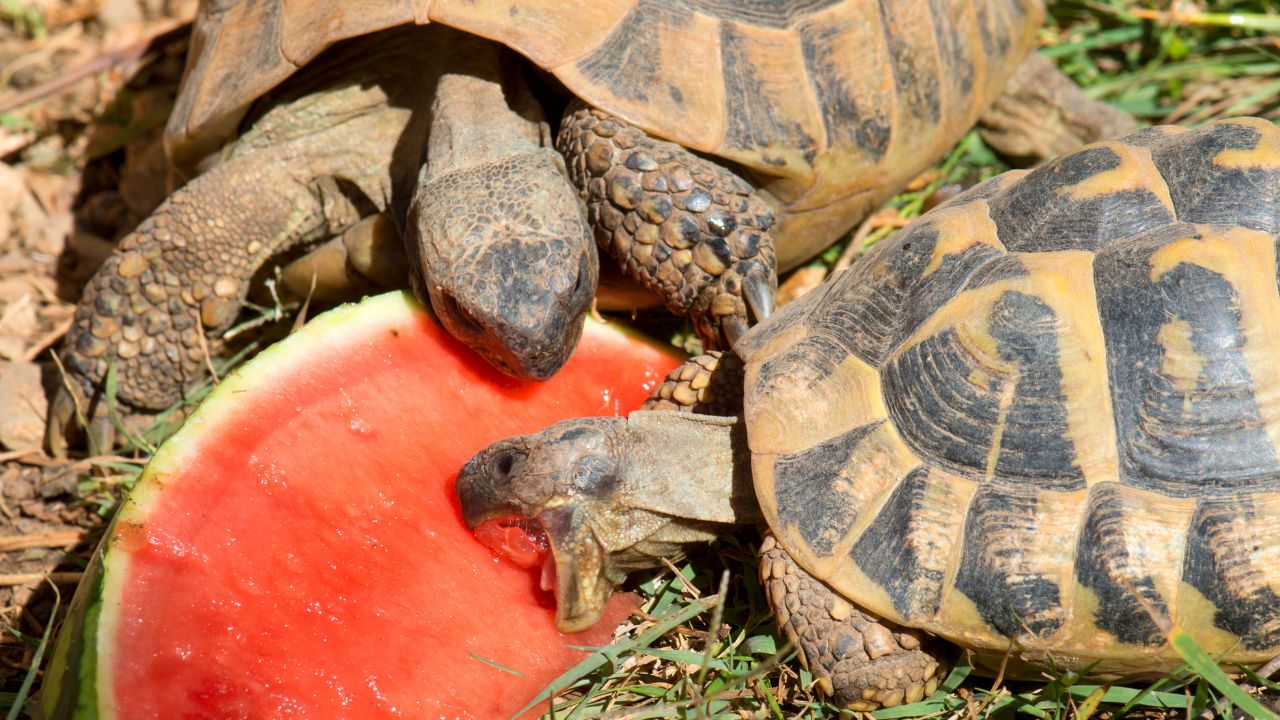
Tortoises, as herbivorous reptiles, have a diet primarily consisting of leafy greens, vegetables, and some fruits. It is crucial that their food choices are safe and offer a balanced nutritional intake for their well-being.
While aloe vera is known for its numerous benefits and medicinal properties, it is not a suitable food source for tortoises. Aloe contains compounds known as anthraquinones, which can cause digestive issues in tortoises, leading to diarrhea, vomiting, and loss of appetite.
To ensure a healthy diet for your tortoise, focus on providing a variety of leafy greens, such as dandelion greens, collard greens, and endive, as well as supplemental vegetables like bell peppers, carrots, and squash. Occasional fruit treats, such as berries or melon, can be given in moderation.
As tortoise owners, it is crucial to be cautious and research each potential food item before offering it to your pet. It is always recommended to consult with a veterinary expert regarding the specific dietary needs of your tortoise species to ensure they enjoy a healthy and thriving life.
Frequently Asked Questions
Is aloe vera safe for tortoises to consume?
Aloe vera is not safe for tortoises to consume, as it contains compounds that can be toxic to them. Ingesting aloe vera can cause digestive problems and other health issues for your tortoise.
What plants are toxic to tortoises?
Some toxic plants for tortoises include azaleas, buttercups, daffodils, foxgloves, lilies, and rhubarb leaves. It is essential to research the safety of plants before introducing them to your tortoise’s diet or habitat.
Can tortoises eat cactus plants?
Yes, some species of tortoises can eat specific types of cactus plants. These include desert tortoises, which naturally graze on cacti in their habitat. However, not all cacti are safe, so it is important to research the specific type of cactus you plan to offer your tortoise.
Are there any tortoise-safe house plants?
There are various tortoise-safe house plants to choose from, such as hibiscus, spider plants, and Boston ferns. Before introducing new plants, it’s best to ensure they are pesticide-free and non-toxic to your tortoise.
Do desert tortoises consume aloe plants?
Desert tortoises generally do not consume aloe plants in their natural environment and might encounter difficulties digesting them. As mentioned earlier, aloe vera can be toxic for tortoises, so it is best not to include it in their diet.
What foliage should be avoided in a tortoise diet?
Avoid feeding your tortoise toxic plants, as well as those with little nutritional value or high levels of oxalates, such as spinach and Swiss chard. A balanced diet for your tortoise should mainly consist of leafy greens, flowers, and some vegetables.
Becky is a fervent wildlife enthusiast and pet care expert with a diploma in canine nutrition. Her love for animals stretches beyond the domestic, embracing the wild tapestry of global fauna. With over a decade of experience in animal welfare, Becky lends her expertise to OutlandishOwl through insightful articles, captivating wildlife information, and invaluable guidance on pet nutrition. Her work embodies a deep commitment to understanding the intricate lives of animals and a passion for educating others on sustaining natural habitats. Becky's hands-on conservation efforts and her knack for translating complex dietary science into practical pet feeding tips make her an indispensable voice for creatures great and small.

